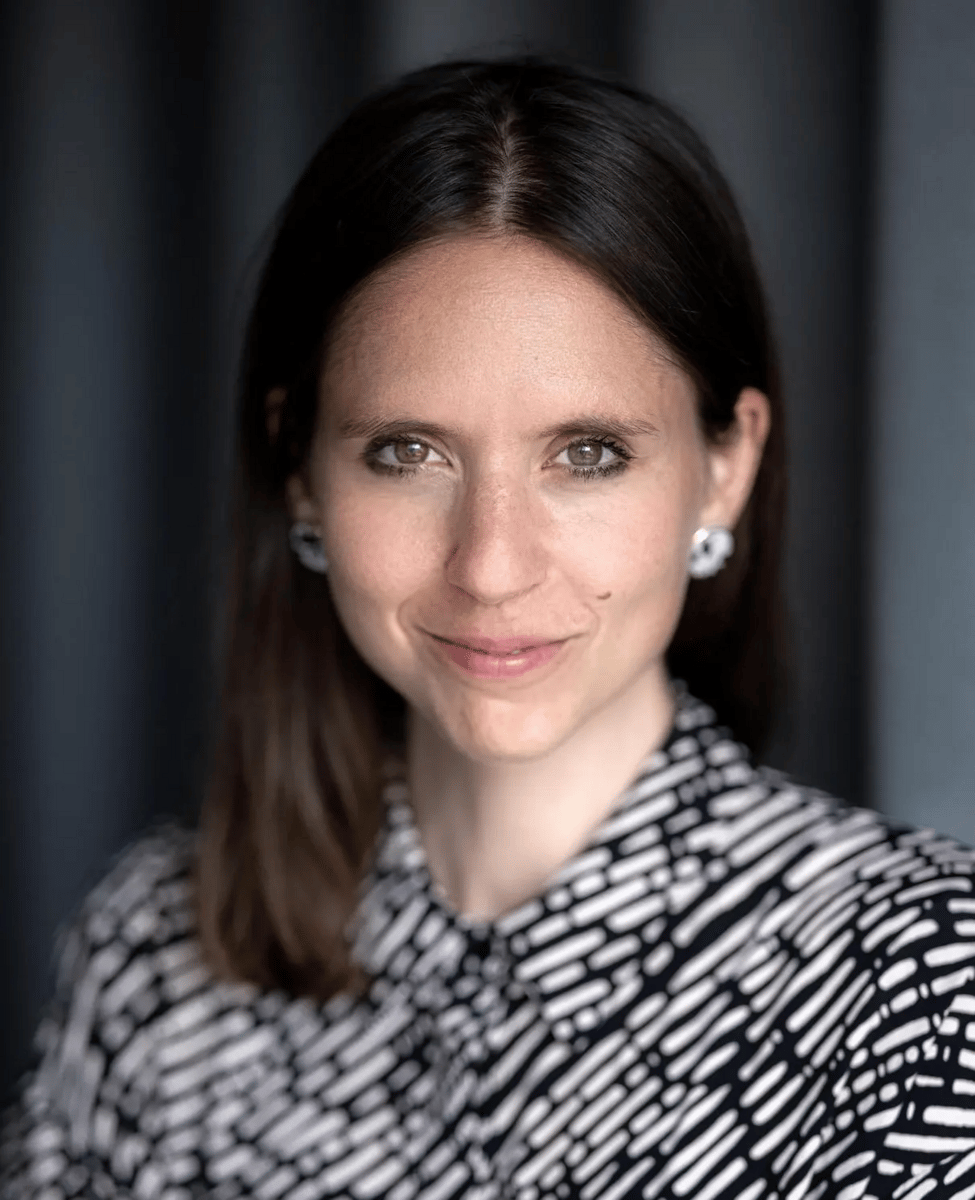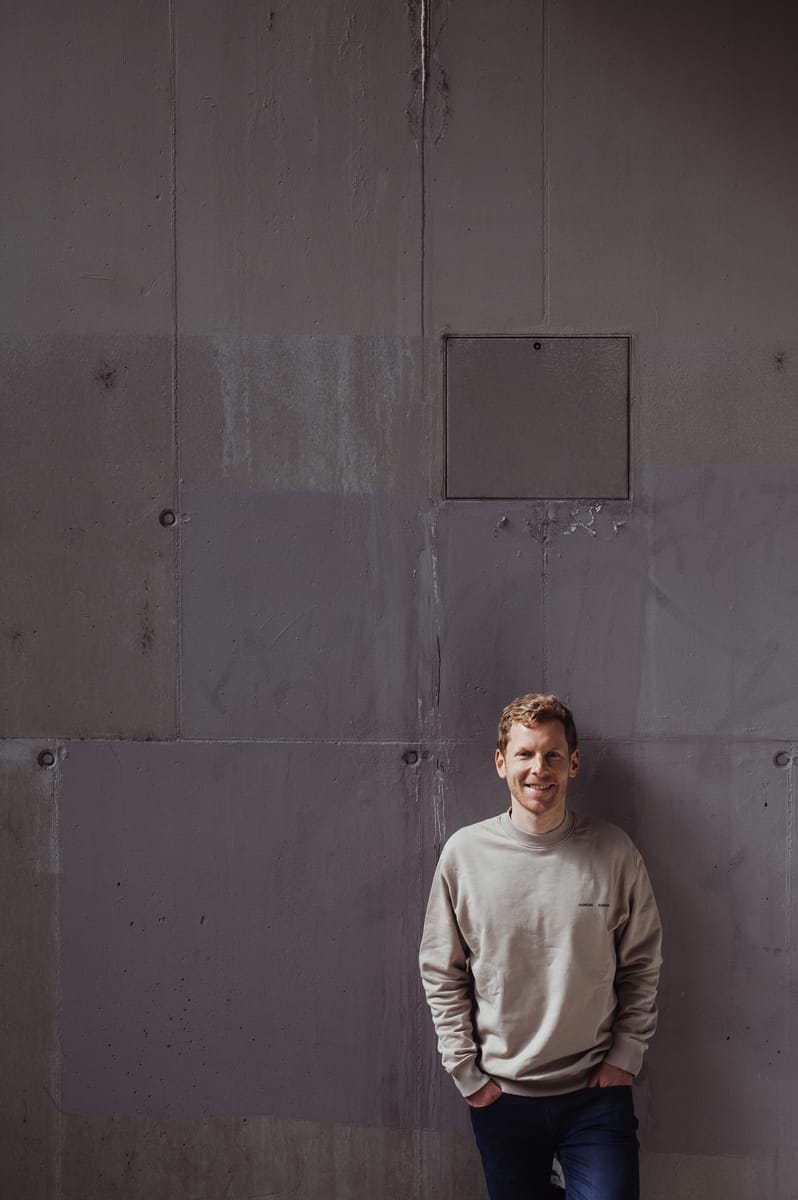Dear hustlers, founders, operators and visionaries,
In this emotionally candid episode with our guest Alex Limpert (Co-founder and CEO of GuestReady & RentalReady) we dive deep into one of the darkest chapters of his entrepreneurial journey.
As the COVID-19 pandemic devastated the travel industry, Alex found himself staring out the window, 140 salaries unpaid, bookings evaporating, and no funding in sight. What followed wasn’t just a business turnaround - it was a personal evolution rooted in the ancient principles of Stoicism. From the gut-wrenching decisions of layoffs to the delicate balance of emotional detachment and unwavering belief, Alex shares how focusing only on what he could control not only saved his company but made it stronger. Exclusively for our newsletter subscribers, Alex has shared additional insights below.
In the meantime: Follow the Gradient and stay tuned!
PS: Has this e-mail been forwarded to you? Sign up here.
How to keep your sanity when chaos breaks
What you will get out of this episode
In our conversation, Alex shares:
How to make clear-headed decisions in a crisis by focusing on what’s in your control
Why emotional regulation is critical for long-term leadership
How to balance brutal honesty with optimism - the Stockdale Paradox in practice
How to maintain your identity when your startup feels like your whole world
and much more!
Our main take away’s
Control is clarity: In moments of intense crisis, narrowing your focus to what you can control is both liberating and strategic. For Alex, this mindset helped him cut through the noise and take the bold actions necessary to save his company.
Emotional detachment is strength, not apathy: By separating his identity from his company’s outcomes, Alex avoided the emotional rollercoaster that often destabilizes founders. This allowed him to lead with clarity, not desperation.
Transparency builds trust: During the pandemic, Alex’s open communication with his team - through weekly all-hands and Slack messages - helped maintain morale and alignment, even when the news was hard to deliver.
Small routines protect mental stamina: Amid the chaos, Alex turned to simple rituals - morning yoga, evening cooking, and walks - to create moments of stability. These small acts became anchors, enabling him to perform under pressure.
Strategic pessimism is a strength: As the business matured, Alex learned the value of imagining worst-case scenarios - not to dwell in fear, but to prepare with clarity. This shift marked a transition from naive optimism to resilient foresight.
Founders are more than their startups: Recognizing that the company’s fate isn’t the full measure of his worth allowed Alex to lead more sustainably. This detachment became a powerful emotional safeguard through uncertain times.
Additional material on the topic
How to reach out to Alex
Exclusive from Alex
When your mind spins at 3AM – about cash flow, hires, or just existential fear - do you have a go-to way to calm yourself down right then?
Luckily, this doesn’t happen too often. But if it does, I ask myself: “Is there anything I can actually do right now?”
If yes, like writing down a quick note or idea so I don’t forget, I do it. If not, I try hard to let it go and focus on my breathing. There’s no point losing sleep over something I can’t act on.
What’s one mental model (outside of Stoicism) that you actually rely on when making hard calls?
For important decisions I use the regret minimization framework. I ask myself: “Years from now, which choice would I regret not making?” It’s one of the reasons I started GuestReady and chose to start a family. This model helps me zoom out, think long-term, and prioritize action over fear.
What is success for you?
For me, success is twofold: Creating or achieving something meaningful at a high level. That could be building a company, but also writing a great book, being a top-level athlete, or conducting world-changing research. It’s about mastery and contribution. Being at peace with what you’re doing It’s both achievement and alignment, the external and the internal.
What books, podcasts, articles inspired you?
On Stoicism: Meditations by Marcus Aurelius: A glimpse into the mind of the most powerful man of his time, and how he dealt with the same struggles we all do A Guide to the Good Life by William B. Irvine: Practical Stoic wisdom you can apply in everyday life. The Obstacle Is the Way by Ryan Holiday: Especially helpful when facing setbacks
Outside Stoicism: The Culture Map by Erin Meyer: Essential reading if you work in diverse, international teams, like we do at GuestReady with 60+ nationalities The Almanack of Naval Ravikant by Eric Jorgenson: A mix of philosophy, business, and life wisdom Unreasonable Hospitality, Will Guidara: Not just for hospitality founders, but for anyone who wants to go above and beyond for customers
What’s one advice, founders should actually ignore?
“Raise as much capital as you can.” In some rare cases, before a major downturn or in a winner-takes-all market, this might make sense. But most of the time, too much capital makes you less disciplined. I’ve seen competitors raise huge rounds and burn through them without building lasting businesses. It’s better to raise what you need and stay intentional about how you spend it.
What are habits, activities or rituals that keep you sane (while scaling your business)?
Starting the day with a walk in the fresh air, a workout, or a yoga session before sitting down on my desk Blocking time on weekends for family and friends. Taking real holidays. I didn’t do this early on, and I started to resent my business. Now I make it a priority Prioritizing sleep. That mindset shift came after reading Why We Sleep
What is one “growth hack” (be it business, health or personal-wise) that has a positive impact on you or the company?
One thing that’s made a huge difference: Understanding and aligning incentives. Whether it’s hiring, M&A, or team performance, incentives shape behavior. Some of our most successful acquisitions worked because incentives were truly aligned, and some of our less successful partnerships fell apart for that exact reason. Charlie Munger was right: if you get incentives wrong, everything else breaks.

Follow the Gradient is a weekly newsletter and podcast by the serial founders Melanie Gabriel & Christian Woese about how to build a business in Europe while staying sane.










